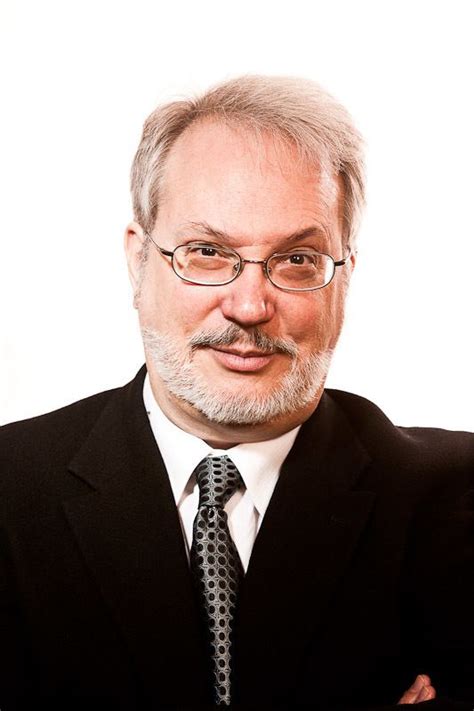A Quote by Gilbert K. Chesterton
Surely we cannot take an open question like the supernatural and shut it with a bang, turning the key of the madhouse on all the mystics of history. You cannot take the region of the unknown and calmly say that, though you know nothing about it, you know all the gates are locked. We do not know enough about the unknown to know that it is unknowable.
Related Quotes
There is the unknown and the unknowable which propounds all creation. This we cannot love , we can only accept it as a term of our own limitation and ratification. We can only know that from the unknown, profound desires enter in upon us, and that the fulfilling of these desires is the fulfilling of creation.
Another person is, at the heart of it, unknowable. And if you cannot know a person enough to always guess what they’re capable of, you certainly cannot know them enough to hold them in your hands, to control their behavior, to fight, manipulate, cajole or nurse or soothe them into doing what they should or shouldn’t. People will do what they will do. The trick is admitting your own helplessness about that little fact.
How will you go about finding that thing the nature of which is totally unknown to you?" (Plato) The things we want are transformative, and we don’t know or only think we know what is on the other side of that transformation. Love, wisdom, grace, inspiration- how do you go about finding these things that are in some ways about extending the boundaries of the self into unknown territory, about becoming someone else?






































